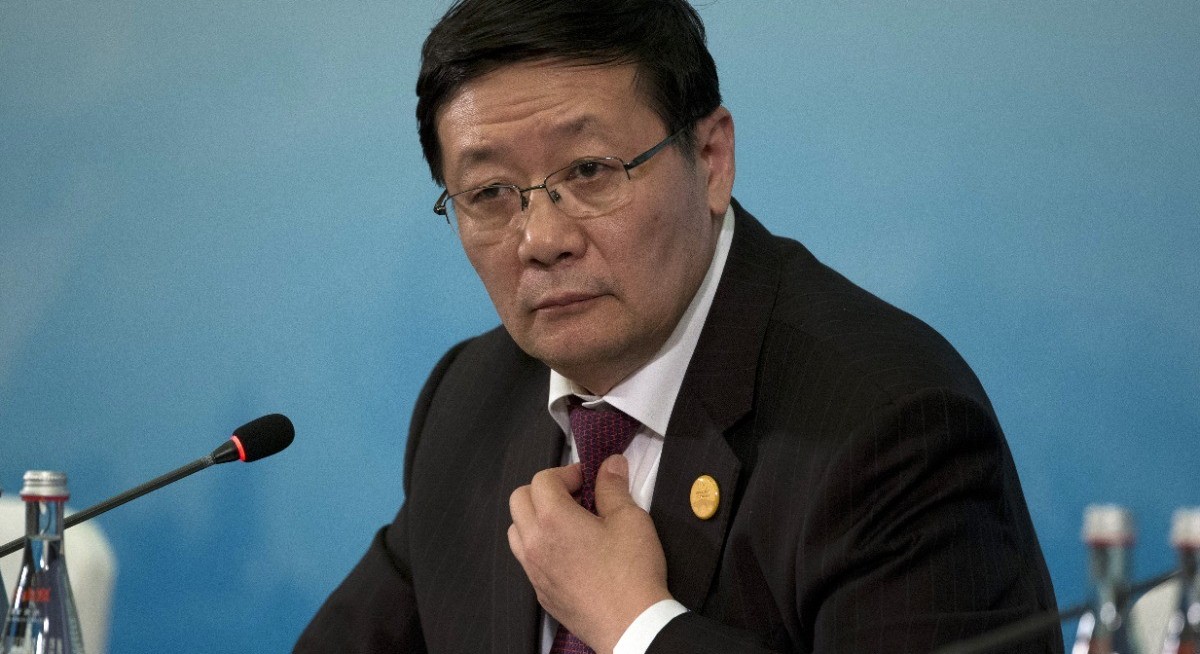Lou, who helmed the Ministry of Finance from 2013 to 2016, argued for a larger fiscal deficit to cushion growth. He told the audience an expansionary fiscal policy is needed to support structural reforms such as the transformation of the property market, which he said will continue to drag on the economy for years.
Lou’s remarks represent a rare acknowledgment from current or former officials of the worrying deflationary pressures in the world’s second-largest economy. A sensitive topic in Beijing, deflation has persisted despite government attempts to curb crushing price wars among manufacturers trying to win cost-conscious customers.
These spenders became more cautious after China’s property market bubble burst in 2021, taking with it a large chunk of household wealth. And despite a large stimulus package from the government in late 2024, home prices have shown no sign of bottoming out.
See also: Treasuries decline on news Chinese banks asked to limit US bonds
Complicating the picture, the property downturn’s impact on inflation is likely not fully reflected by official statistics, as the consumer price index (CPI) — which has hovered around zero since 2023 — uses an outdated methodology for estimating the rent for homes occupied by their owners. CF40, a think tank in Beijing, estimates that the CPI may be overestimated by two percentage points since 2022 because rent declines were not fully captured.
In addition, the relatively low weighting of rent in China’s CPI compared with other countries also understated the housing downturn’s effect on the price gauge, according to economists at Morgan Stanley. The National Bureau of Statistics will have an opportunity to adjust the CPI basket in early 2026 during a once-every-five-year review.
Lou’s comments came as official data on Friday underscored the economic fragility. Notably, fixed-asset investment shrank 1.7% in the first 10 months of 2025 from a year ago, a record decline for the period, reflecting the deep property slump and lacklustre infrastructure spending.
See also: China pumping cash to fill US$456 bil liquidity shortfall
“As local governments’ finances are very strained now, we especially need to increase the fiscal deficit for the central government to support these reforms,” Lou said.
Goldman Sachs Group Inc economists said in a Friday note that investment may have slowed because local officials have been spending more on repaying money owed to companies rather than on investment projects, citing anecdotal evidence.
The deflationary trend Lou highlighted signals a lopsided economy where supply dwarfs demand. As consumption weakens, businesses spend less and economic activity slows, threatening a deflationary spiral where falling prices and slowing growth feed on each other. This is already weighing on companies, with a recent Bloomberg analysis showing the share of loss-making firms at a 25-year high.
Despite the grim outlook, Lou downplayed the likelihood of a full-blown financial crisis. The downturn will unlikely cause systemic risks, he said, contrasting the country’s gradual resolution of defaults with the eruption seen in the US after 2008.
To navigate the transition, Lou also urged structural changes to the household registration system, which could boost consumption and housing demand. He also said China should roll out a national property tax at a proper time despite challenges from the price declines, noting the measure has been stalled for 12 years.
Uploaded by Tham Yek Lee






